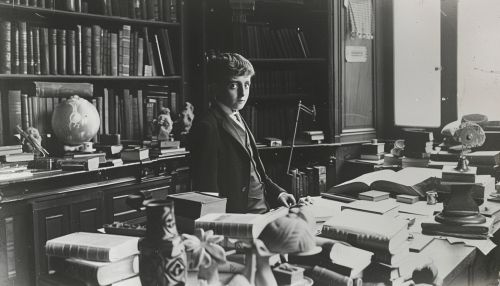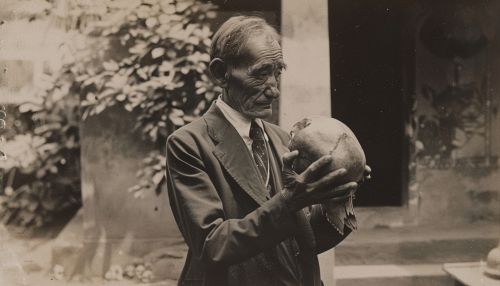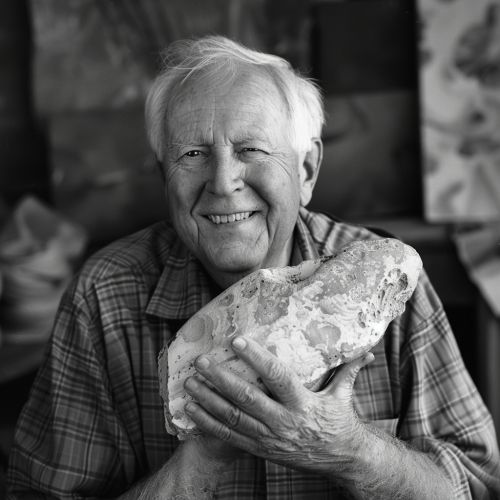Raymond Dart
Early Life and Education
Raymond Arthur Dart was born on 4 February 1893 in Toowong, a suburb of Brisbane, Australia. His father was a farmer and his mother a schoolteacher. Dart showed an early interest in biology and anatomy, which led him to pursue a career in medicine. He studied at the University of Queensland before moving to England to continue his studies at the University of London.


In London, Dart became interested in the field of anthropology, particularly in the study of human evolution. He was influenced by the work of eminent anthropologists of the time, such as Grafton Elliot Smith and Arthur Keith. Dart completed his medical degree in 1917 and then served in the Royal Army Medical Corps during World War I.
Career and Discoveries
After the war, Dart returned to academic life. He accepted a position at the University of the Witwatersrand in Johannesburg, South Africa, where he would spend the majority of his career. In 1924, Dart made a discovery that would change the course of paleoanthropology.
While examining a shipment of fossil-bearing rock from the Taung site in South Africa, Dart discovered the skull of a young hominin, which he named Australopithecus africanus. This was the first time a member of the Australopithecus genus had been identified, and it significantly impacted the understanding of human evolution.


Dart's discovery was initially met with skepticism from the scientific community, as it contradicted the prevailing view that humans had evolved in Asia or Europe. However, further discoveries of Australopithecus fossils in Africa eventually led to widespread acceptance of Dart's findings.
In addition to his work on Australopithecus, Dart also developed the "osteodontokeratic" theory, which suggested that early hominins were carnivorous and used bones, teeth, and horns as tools and weapons. This theory was later largely discredited, but it played a significant role in shaping early interpretations of hominin behavior.
Later Life and Legacy
Dart retired from the University of the Witwatersrand in 1958 but continued to contribute to the field of anthropology. He was awarded several honors for his work, including the Charles Darwin Award from the American Association of Physical Anthropologists.
Dart passed away on 22 November 1988 in Johannesburg. His contributions to the understanding of human evolution, particularly his discovery of Australopithecus africanus, have had a lasting impact on the field of paleoanthropology.


